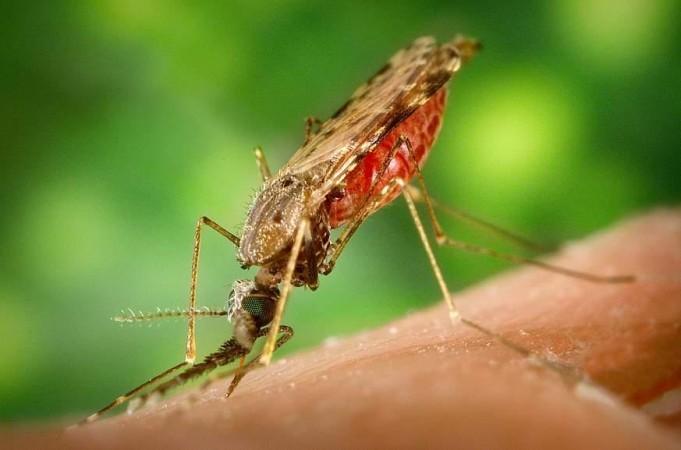Indian scientists are on the path to major breakthroughs concerning black fever or Kala Azar (leishmaniasis). Visceral leishmaniasis is fatal and can cause death. It can also cause severe bleeding, infection, and facial disfigurement. The disease spreads easily as it remains asymptomatic in the early stage, and detecting it has so far been costly and very complex. But the latest discovery by Indian scientists could pave a new approach toward its treatment.
Scientists have found that the Leishmania parasite hijacks SUMOylation, which is a key regulator of various cellular, nuclear, metabolic, and immunological processes, to spread in the body.

Visceral Leishmaniasis or black fever is transmitted to humans by the bite of an infected 'Phlebotomus argentipes' sandfly. The size of these sandflies is a quarter of that of an average mosquito. Their body length is from 1.5 mm to 3.5 mm. People living in India, Ethiopia, Brazil, Sudan, and Bangladesh are most vulnerable to it.
Adult sandflies are hairy, with straight wings that are small and large in proportion. It takes birth from an egg and the larva grows into an adult through the stage of pupa. This entire cycle takes about a month. However, its development depends on temperature and other geographical conditions. Relative humidity, hot temperature, high soil moisture and dense tree plants are beneficial for these sandflies.
Targeted approach
Better understanding of the mechanism of the parasite has long been on scientists' mind to develop better treatments. And researchers finally have an understanding of how the parasite spreads in order to develop novel drugs with a targeted approach.

"For the discovery of a drug-like candidate with higher efficacy and less toxicity, a better understanding of the interactions between host and parasite is essential. Leishmaniasis infects humans and replicates intracellular within macrophages, the cells that normally engaged in protecting the host from pathogens," researchers said in a statement, according to India Today.
The study, led by a team of researchers from the Jawaharlal Nehru University (JNU), is published in the journal Frontiers in Cellular and Infection Microbiology. The researchers found out that the parasite tricks the host's signalling mechanism to suppress its protective immune responses. This is how the parasite survives, affecting the host's body.
Notably, the scientists said that targeting of SUMOylation pathway can provide a starting point for the design and development of novel therapeutic interventions to combat leishmaniasis.
"With increasing resistance to antileishmanial drugs, it seems promising to target host-directed approaches for therapeutic interventions and drug development. We are focusing on various aspects of the development of drug-like molecules to combat this disease," Professor Anand Ranganathan, another corresponding author of the paper said, told India Today.















